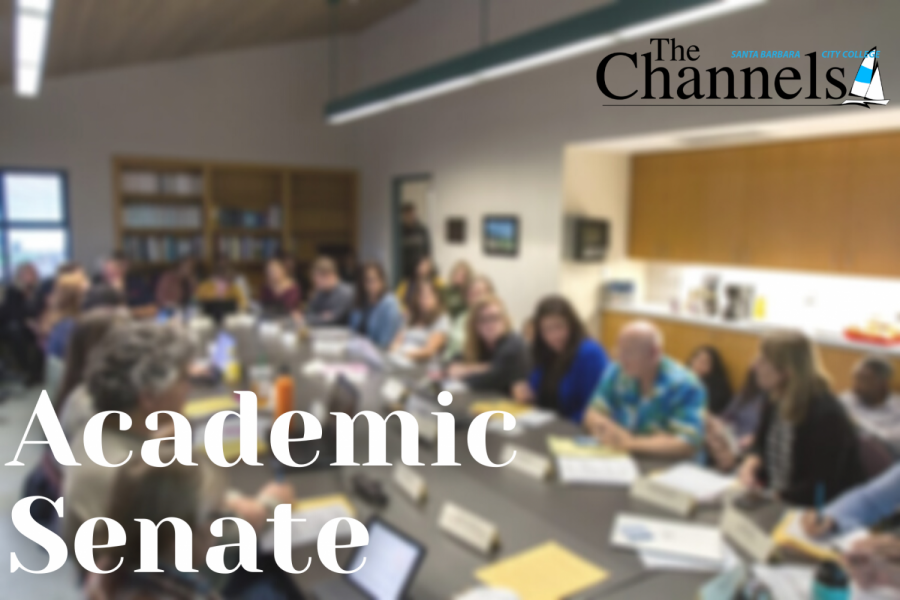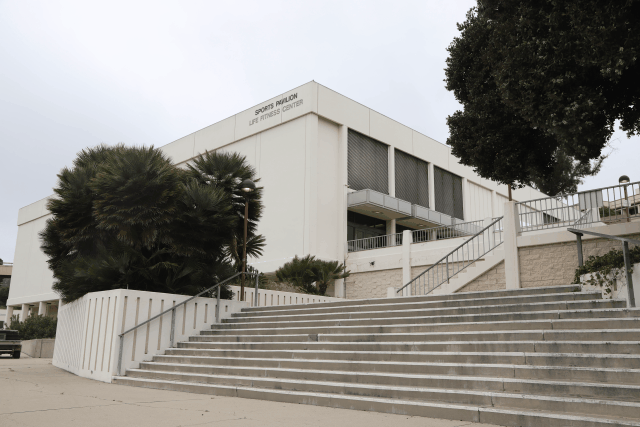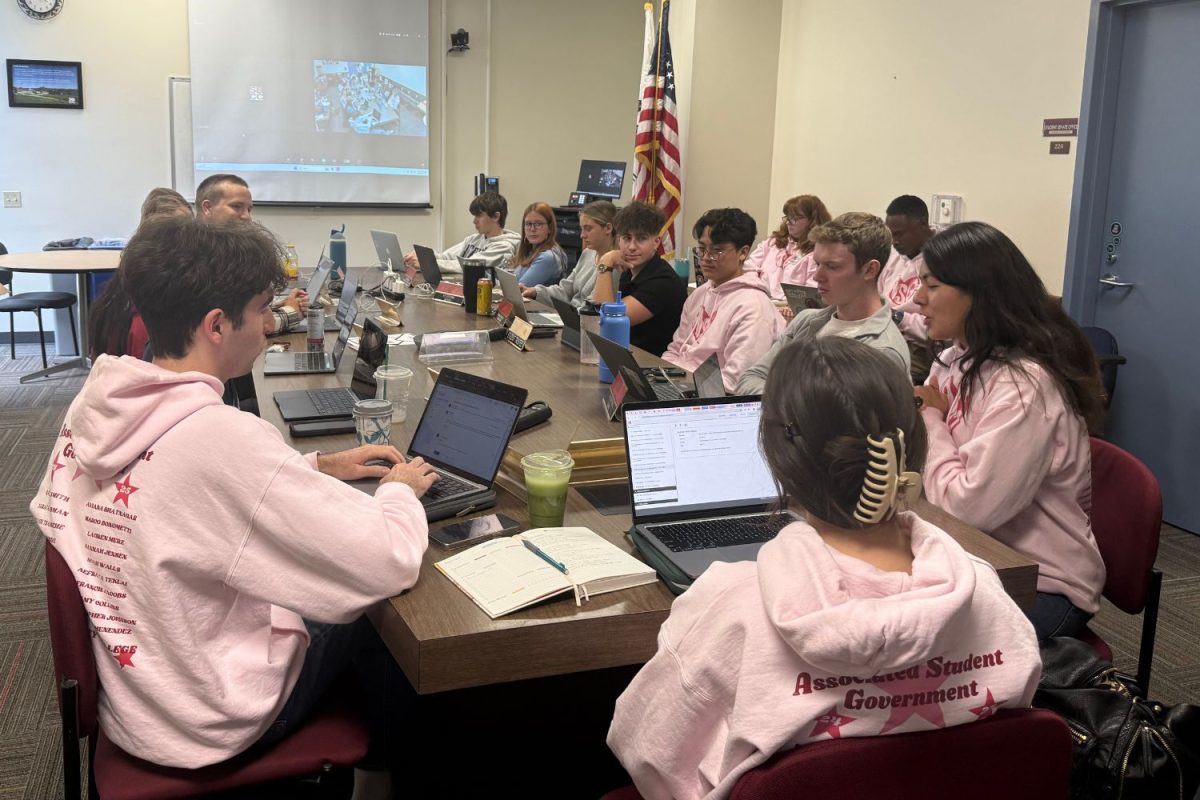In the final hybrid meeting of the semester, members of the Academic Senate discussed initiatives for moving towards a more inclusive campus, and methods for improving faculty’s ability to better represent their students on Wednesday Feb. 22.
Senate member Tara Carter, who is an anthropology professor and chair of the curriculum advisory committee, presented the principles of Diversity, Equity, Inclusion, and Accessibility (DEIA), which are frameworks for objectives to be included in the Course Outline of Record (COR) created by instructors. The COR is a central document which details the intricacies of a course including its textbooks, lessons, assignments, and more.
Incorporating DEIA into the instructors’ curriculum is intended to provide a broader perspective on educational materials, so that students coming from diverse backgrounds can feel that their life experiences are reflected in the course’s makeup.
“We have to acknowledge that a big part of this work is the recognition that a vast majority of our student population, their perspective, their points of view, from their culture, from their sexuality, from their gender, have been left out of curriculum,” Carter said. “Some of these perspectives have been purposefully left out in the aiding of perpetuating racism.”
Instructors will need to redesign the structure of their course to include assignments and materials that are centered around DEIA’s focal points to propagate student success. The purpose of DEIA is not to merely sprinkle in a few culturally inclusive lessons, but to uproot the course in its entire form, break down the course’s materials, and infuse the curriculum with a rich composition of diversified perspectives.
“A decolonization of curriculum…means not having simply a eurocentric perspective, but acknowledging that there are multiple perspectives, global perspectives, and that we as educators should do everything within the best of our abilities to honor and acknowledge that,” the anthropology professor said.
Through adopting a new lens embedded in the elements of DEIA, instructors allow their students to achieve a deeper understanding of course content as it is relative to their own cultural experiences.
“It is through multiple stories of the human condition, science, technology, creativity and more that knowledge becomes a wide spectrum of relative experiences, empowering students to identify with, relate to, and freely absorb course content while inspiring them to take ownership of the concepts and materials examined because they are encompassed within highly relatable and personal contexts,” Carter said.
Instructors have been given a timeline with deadlines for drafting and proposing updated course descriptions, which vary based on the specific department and program, and can be found on City College’s website.
Laura Woyach, the Student Learning Outcome (SLO) Coordinator for City College, informed the Academic Senate of the faculty’s disregard for SLOs and their lack of participation in filing them.
SLOs are included in a course’s description as an outline for what students within the course are expected to gain in terms of knowledge and skills in particular academic areas. Another element to SLOs is an evaluation process, which instructors are expected to complete once the course is completed to assess student’s progress in accordance to the written SLOs included in the initial course description.
“Basically less than 5% of all faculty since 2018 are actually entering SLOs,” Woyach said.
The SLO coordinator believes that SLOs are an opportunity for faculty to identify potential areas for improvement within their courses and to gather data regarding the impact that the course has had on students. With the majority of faculty not entering SLOs, there is no room for improving courses or for students to be evaluated.
“This is something that could really break Santa Barbara City College and cause us some serious problems,” Woyach said. “It needs to be fixed.”
Woyach has created a series of how- to videos to inform faculty on the process of constructing an adequate SLO evaluation, and has encouraged faculty members to join the SLO committee where they can learn more about the significance of gathering data from students.
The Academic Senate will reconvene at their next meeting on March 8, where all voting senators will be required to attend in person.








